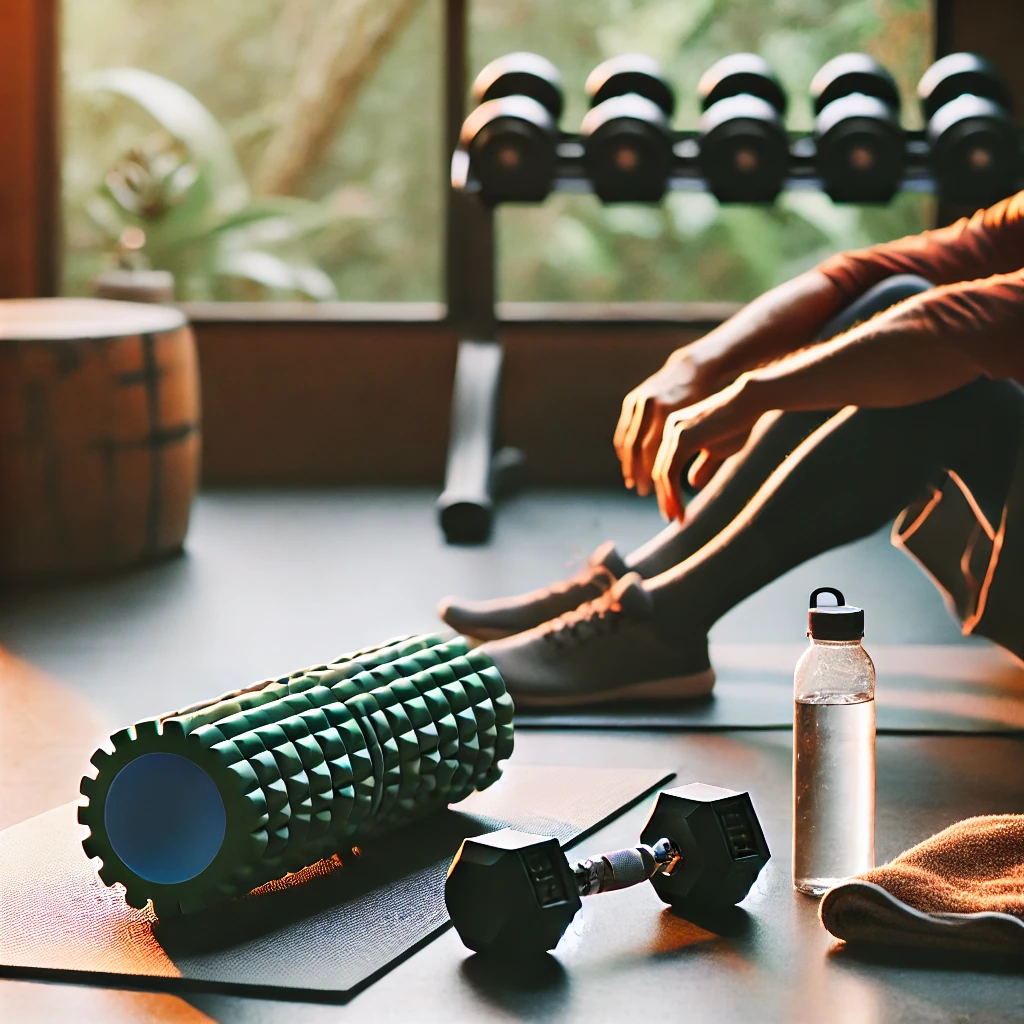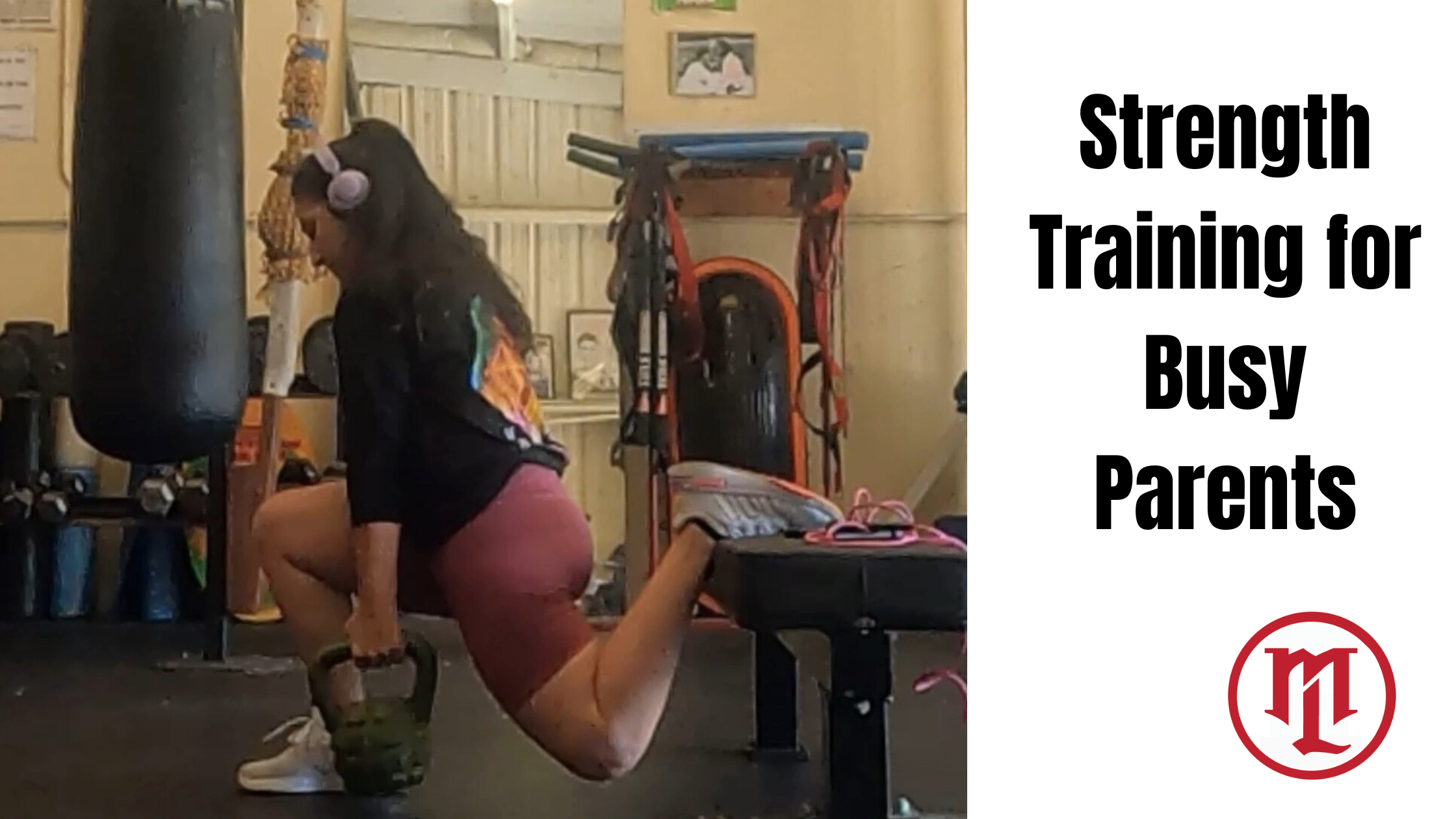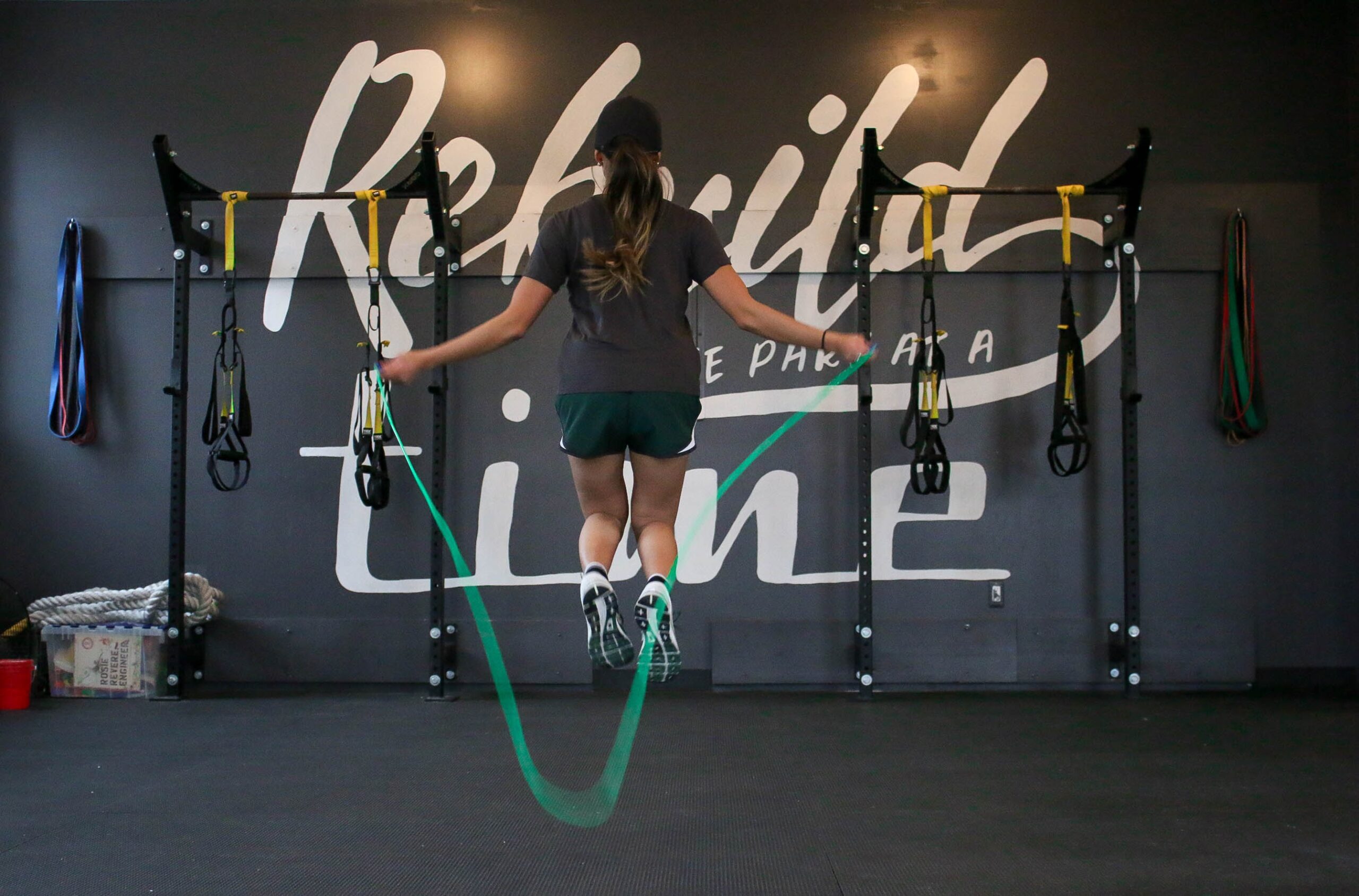Why Recovery is Key to Your Fitness Success
When you think of fitness, you might imagine intense workouts, lifting weights, or running fast. But there’s another essential part of getting stronger and fitter—recovery. If you skip recovery, your muscles won’t have time to heal, and you might end up feeling sore, tired, or even hurt. At Lee’s Fitness Unlimited, we know that recovery is just as important as working out. It helps you stay strong, avoid injuries, and get the results you want faster.
Let’s break down the different types of recovery and why they matter to your fitness goals.
Types of Recovery
There are three main types of recovery you need to know about: immediate recovery, short-term recovery, and long-term recovery. Each one plays a part in helping your body bounce back from exercise.
1. Immediate Recovery: Between Exercises
What is Immediate Recovery?
Immediate recovery happens during your workout. It’s the short rest periods you take between sets or rounds. For example, if you’re boxing, it’s the time you rest between rounds. If you’re lifting weights, it’s the time you rest between sets.
Why is Immediate Recovery Important?
Taking short breaks during your workout lets your muscles rest just enough so you can keep going strong. This is important because when you don’t rest, your muscles get tired faster, and you won’t be able to work out as well. Resting also gives you a chance to catch your breath and refocus on your technique, which helps prevent injuries.
How to Make Immediate Recovery Work for You:
- Stay Hydrated: Drink water between exercises to replace what you lose from sweating.
- Move Lightly: During your rest, do a light activity like walking or stretching to keep your muscles from tightening up.
- Breathe: Focus on taking deep breaths to help your heart rate slow down.
2. Short-Term Recovery: After Your Workout
What is Short-Term Recovery?
Short-term recovery happens in the hours after you finish working out. This is when your body starts to heal and repair your muscles. It’s also when you start to feel a little tired or sore from the workout.
Why is Short-Term Recovery Important?
After a workout, your muscles have tiny tears in them (don’t worry, it’s a good thing!). When your body repairs these tears, your muscles become stronger. Short-term recovery helps you reduce soreness and get ready for your next workout.
Key Parts of Short-Term Recovery:
- Cool Down: Always cool down after a workout with some light walking or stretching. This helps your heart rate slow down and keeps your muscles from getting too stiff.
- Eat Right: Your body needs fuel to recover. Try eating a meal or snack with protein (like chicken, fish, or beans) and carbohydrates (like rice, pasta, or fruits) about 30-60 minutes after working out. This helps rebuild your muscles and restore your energy.
- Stay Hydrated: Drink plenty of water after working out. It helps your body repair muscles and keeps you from feeling tired or sluggish.
- Stretch: Stretching after your workout helps increase flexibility and prevents your muscles from tightening up.
3. Long-Term Recovery: Rest Days and Breaks
What is Long-Term Recovery?
Long-term recovery happens over days, weeks, or even months. It includes taking rest days, getting enough sleep, and sometimes doing lighter workouts, like yoga or swimming, to give your body a break from intense training.
Why is Long-Term Recovery Important?
When you work out regularly, your body needs time to fully recover. If you don’t take breaks, you could get injured or feel burned out. Taking rest days helps your body recharge so you can keep making progress without hitting a wall.
How to Use Long-Term Recovery:
- Rest Days: Make sure to take at least one full day off from intense exercise each week.
- Active Recovery: On rest days, do something light, like a short walk or gentle yoga, to keep your body moving without pushing too hard.
- Sleep: Aim for 7-9 hours of sleep each night. Sleep is when your body does the most healing and muscle repair, so don’t skip it!
- Foam Rolling: Using a foam roller can help relax tight muscles and improve blood flow, helping your muscles recover faster.
Mental Recovery: Don’t Forget Your Mind
Recovery isn’t just about your body—your mind needs it too. Mental recovery is important for keeping you motivated and focused. Training can be tough on your mind, especially if you’re pushing yourself hard. Taking time to rest your brain can prevent burnout and keep you feeling good about your workouts.
How to Recover Mentally:
- Try meditation or deep breathing exercises to reduce stress.
- Take breaks from thinking about your workout goals to give your brain a rest.
Recovery Tools to Help You
Here are a few recovery tools that can help make your recovery even better:
- Foam Rollers: These help loosen up tight muscles and reduce soreness.
- Compression Gear: Wearing compression clothing can improve blood flow and reduce swelling after a workout.
- Massage Guns: These tools use vibrations to help relax muscles and reduce stiffness.
- Cold Therapy: Ice baths or cold showers can reduce inflammation and help your muscles recover faster.
Nutrition for Recovery
What you eat plays a huge role in how well your body recovers. Focus on eating:
- Protein: This helps repair muscles after a workout. Great sources include chicken, eggs, or protein shakes.
- Carbohydrates: Carbs help restore your energy levels. Try whole grains, fruits, or veggies.
- Healthy Fats: Foods like fish, nuts, and avocados have fats that help reduce muscle soreness.
Conclusion
Recovery is a key part of any fitness journey. Whether you’re boxing, lifting weights, or running, giving your body time to recover is what helps you get stronger, avoid injury, and stay on track with your goals. At Lee’s Fitness Unlimited, we believe in working hard and recovering smart. By using immediate, short-term, and long-term recovery, you can achieve your fitness goals faster and more safely.
Remember, rest and recovery aren’t a break from your fitness plan—they’re an essential part of it!



